Student's Story - Nicolás Benjamín Ocampo (i3S), DocWalker 2024 laureate
Interview
In 2024, Nicolás Benjamín Ocampo was one of the five PhD students awarded a DocWalker scholarship from the Academy of Excellence 'Networks, Information and Digital Society,' which enabled him to undertake a 3-month doctoral mobility at the 'Language and Dialogue Technologies' (LanD) laboratory at Fondazione Bruno Kessler in Trento, Italy.
2024, July 17
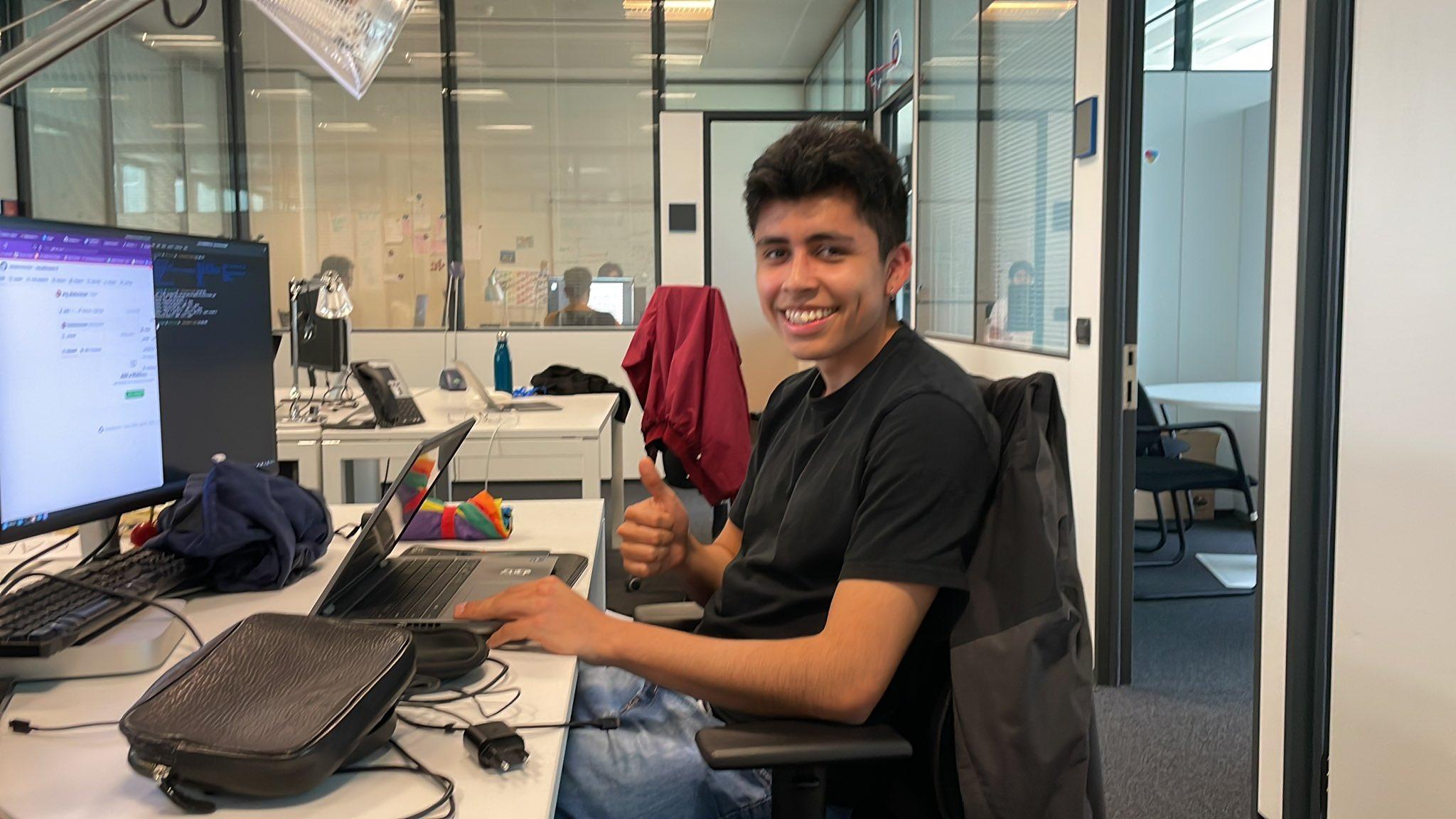
What is your area of research?
I am a third-year PhD student in Computer Science (CS) at Université Côte d’Azur, 3IA, Inria, CNRS, I3S, and a member of the Wimmics Research Team working on Implicit and Subtle Abusive Language using Machine Learning and Natural Language Processing (NLP).
My current research lies at the intersection of linguistics and NLP. My thesis topic aims to properly represent implicit and subtle text (instances with irony, sentiment, exaggeration, circumlocution, etc.) for abusive language detection and downstream tasks. We also aim to generate counter-speeches automatically to provide an informative answer that counter-argues a hateful message, giving more context to social media users.
How did your international mobility project start?
Before my departure for Trento, I had already collaborated with the hosting laboratory, Language and Dialogue Technologies (LanD), particularly with the team leader and one of his students. Therefore, the project developed through the DocWalker was already in progress. The mobility helped ease communication among the members involved and speed up results. By the end of the DocWalker, we managed to conclude the project by writing and submitting an article to one of the most relevant conferences in NLP internationally, being the paper now under revision. In parallel, we also started a second project with the hosting laboratory, which is under development after the DocWalker. Both works are on Counter-Speech generation due to the alignment between LanD’s domains of expertise and my thesis’ research objectives.
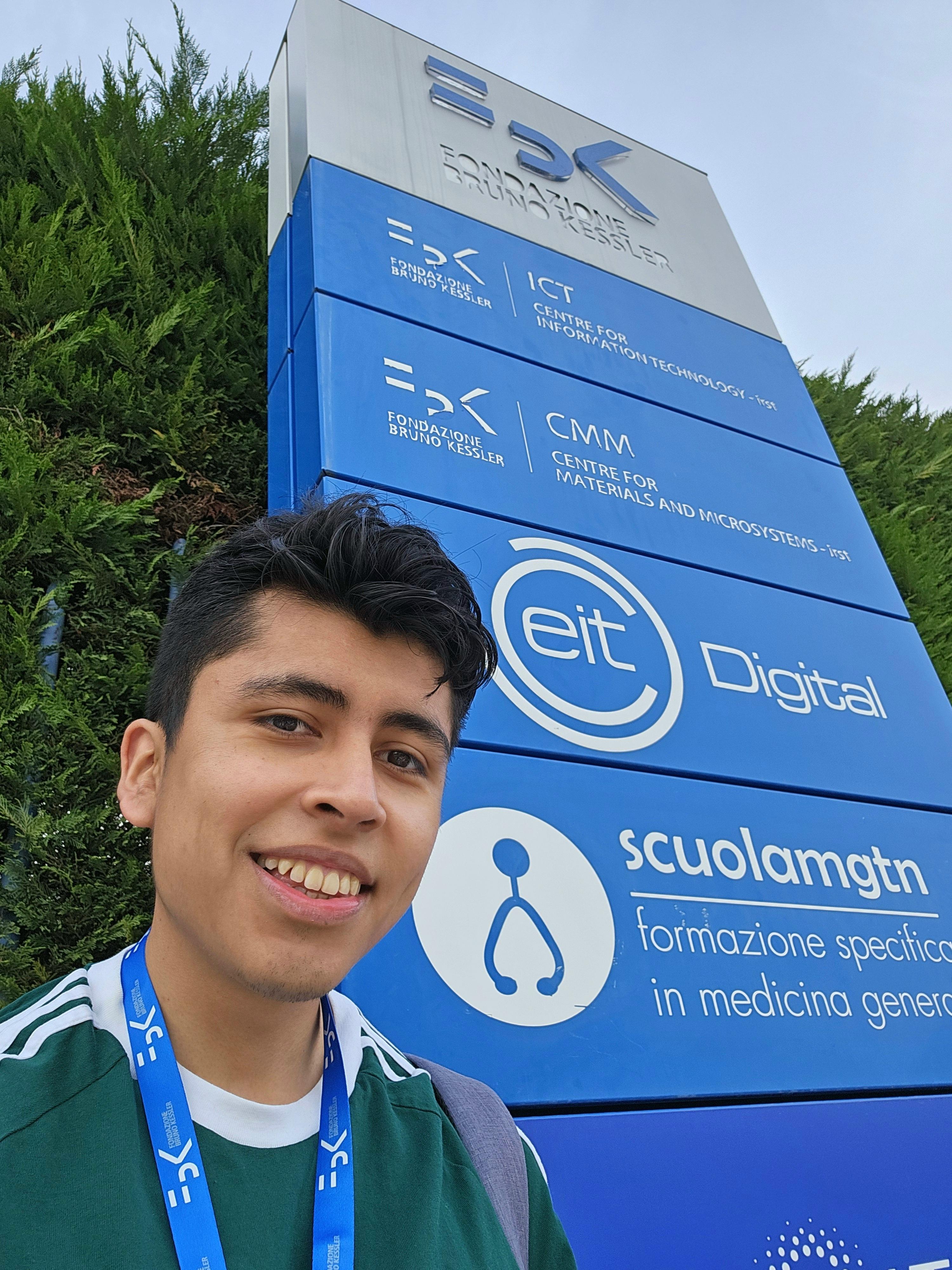
How did you prepare for your departure?
For my departure, I had the huge help of Nathalie Currid, who managed the collaboration agreement between the Université Côte d’Azur and the hosting institution, along with the administrative steps to set up the mission. Concerning accommodation, the hosting laboratory's welcome desk offered me a short-term residence for visiting students at a reduced price. Also, my team's Italian colleagues helped me with any administrative steps that required knowing the language. Finally, the members from LanD answered all my questions about life outside the research center.
What was your daily life like?
My days in Trento started with a bus ride to the office, which took me around 20 minutes from the nearest stop to my residence and the research center. There, I used to work in a shared space with the other LanD team members while having good moments to interact during lunch or breaks. After work, I was doing sports in the residence's installations, with a big sports center available for residents at a low price. Also, during weekends and in my free time, I visited the surrounding areas of Trento.
What do you take away from this doctoral stay abroad?
I could learn a lot about the domain of counter-speech generation, an unaddressed topic in my thesis at that moment. The collaboration helped me to understand the relevant works rapidly and state-of-the-art approaches in the domain, along with the open challenges and future lines of research. Also, having the chance to collaborate with another team with a different working style helped me adapt and improve my teamwork skills. I believe that the mobility gave me a boost in developing my PhD thesis, which might have taken longer otherwise.
Do you have any advice for future candidates for mobility?
I recommend starting the collaboration before the departure and planning the mobility so that by the end of the DocWalker, you can either submit, present or finalize the work you started by matching a possible deadline with the last weeks of the mobility. Moving to a new place might take you some time to adapt, Therefore, make sure that you can recover that time by taking advantage of the faster communication between the people you are collaborating with. At the same time, plan the travel, maximizing the availability of all the members involved in your project. I would also recommend starting the mobility during the second half of the PhD, where, at least in my case, I gained more experience and independence.
For the rest, I really encourage other PhD students to apply to the DocWalker program, as it is an excellent chance to boost their professional careers and theses.
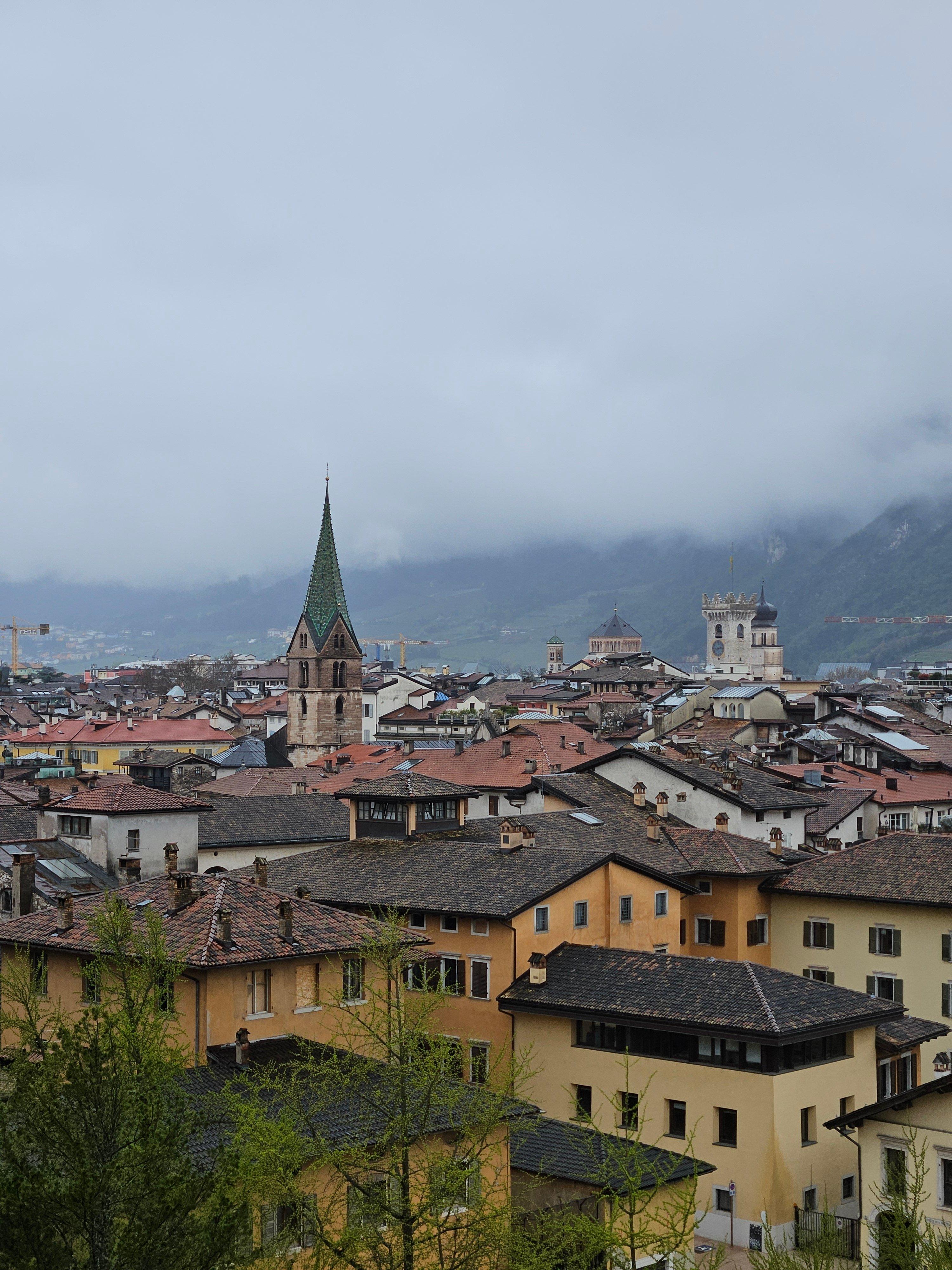
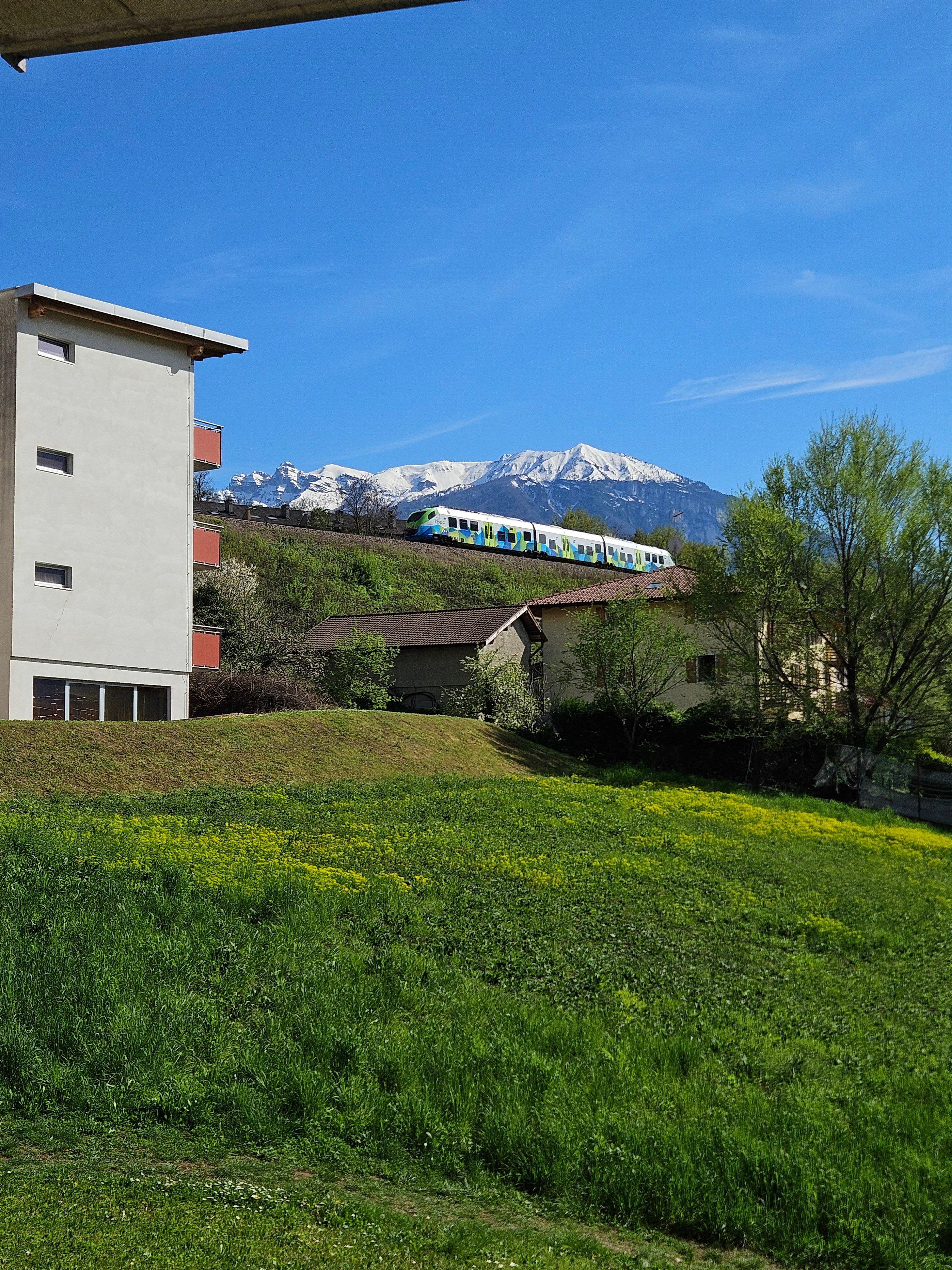
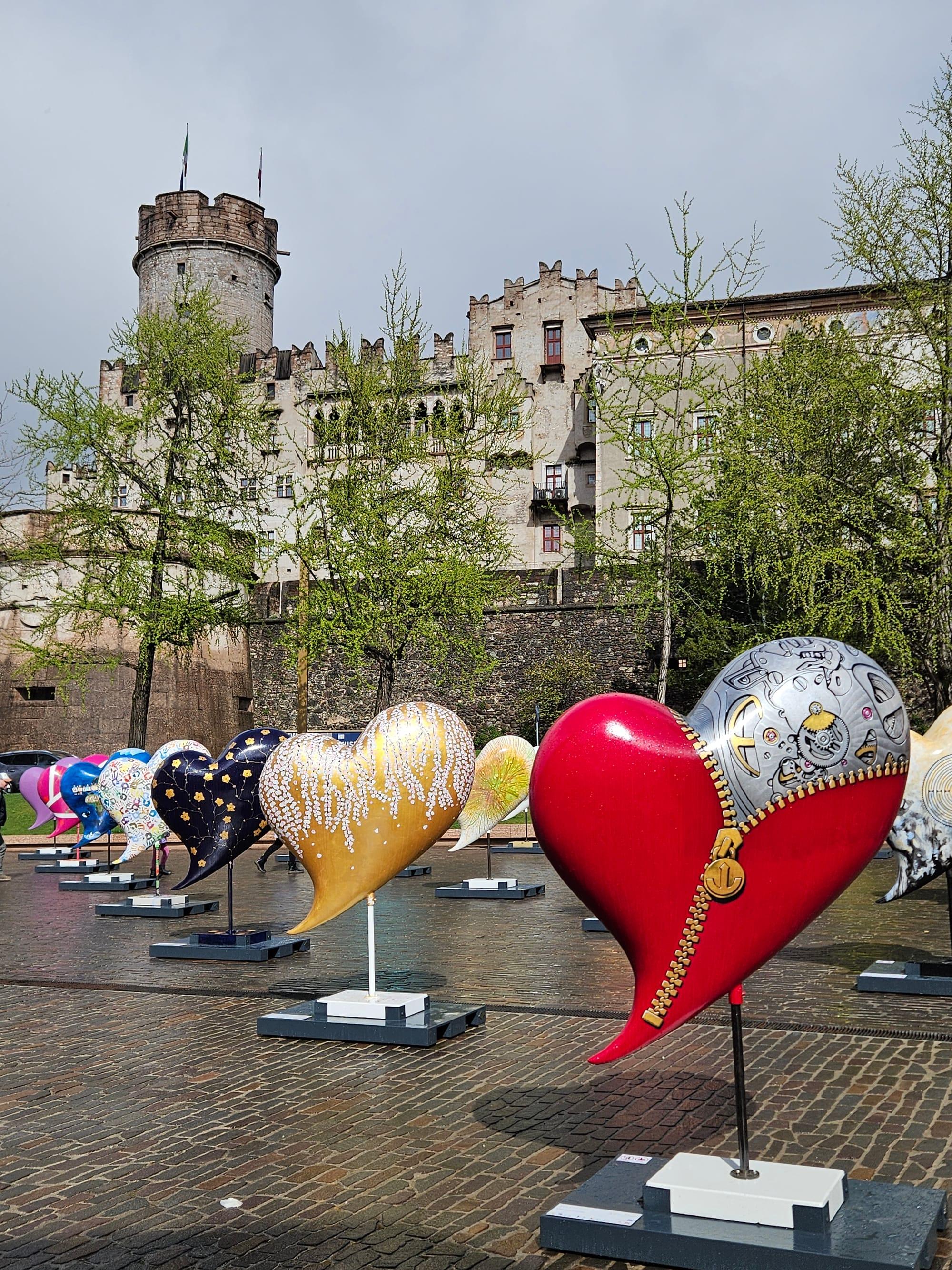
Find out more
- i3S laboratory : https://www.i3s.unice.fr/fr/
- DocWalker International Mobility Program
